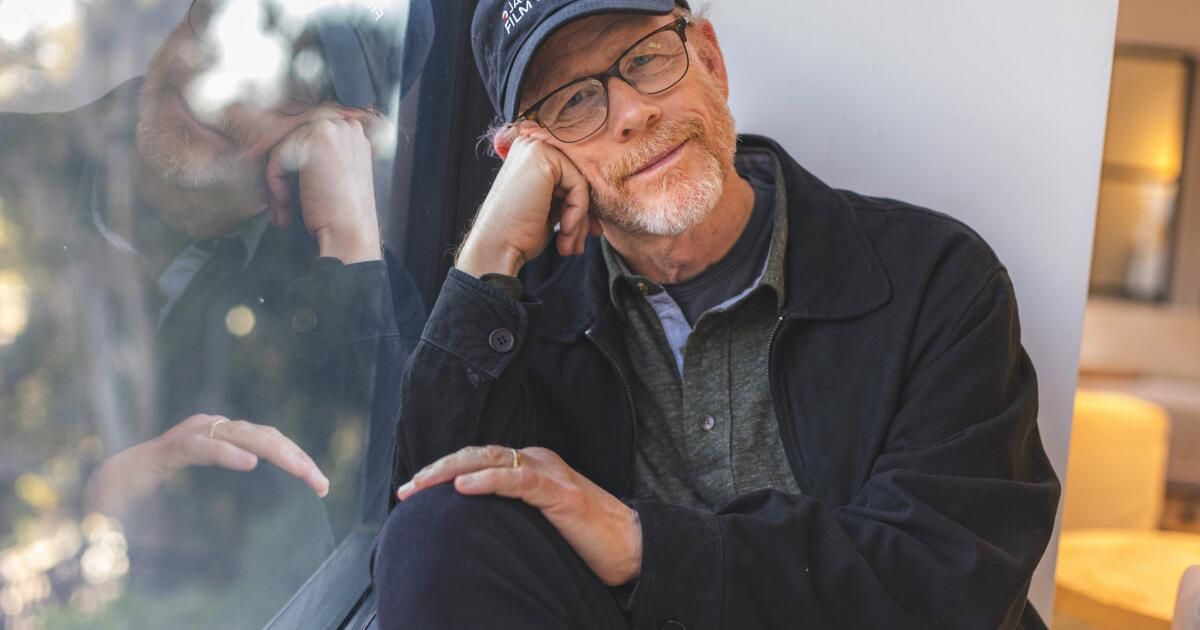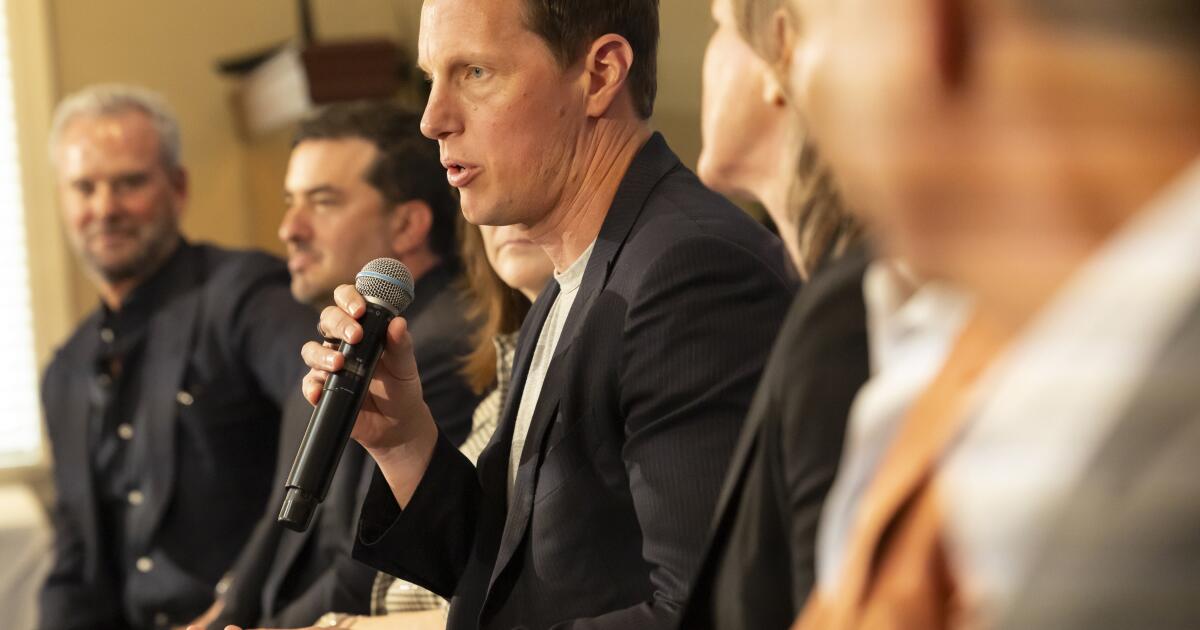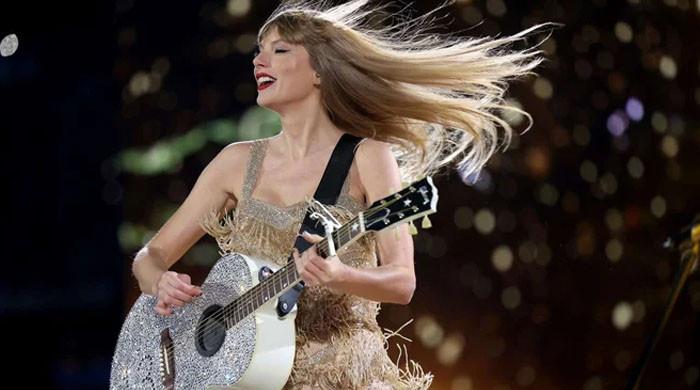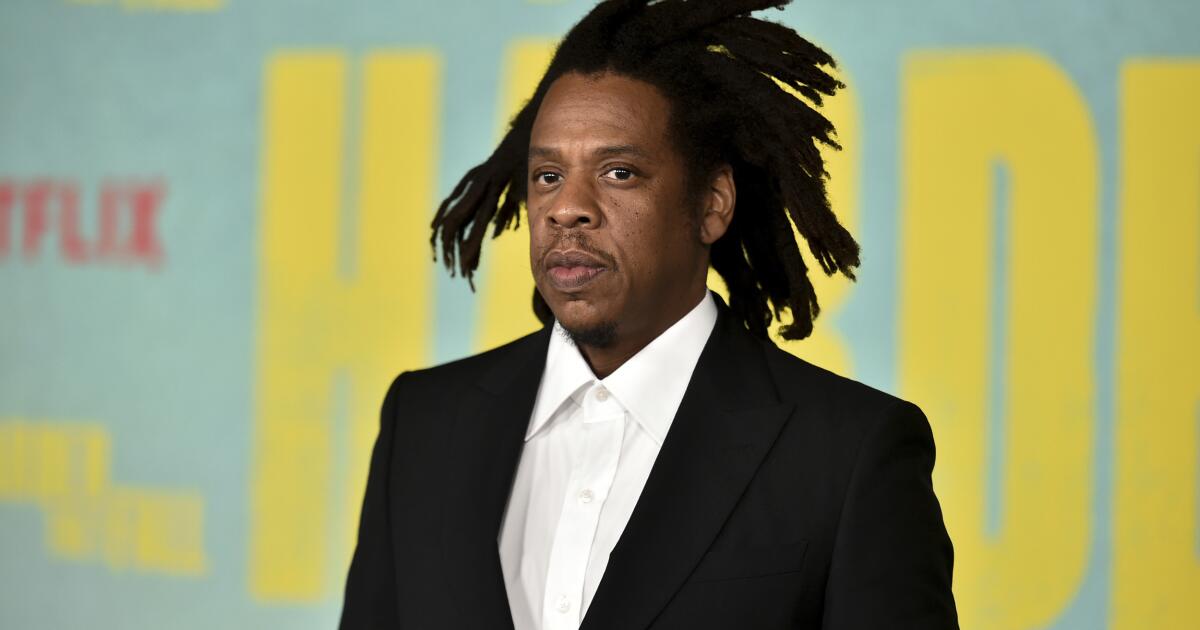When Oscar-winning director Ron Howard learned that Disney+ and the children of the late Jim Henson were interested in collaborating on a definitive portrait of the beloved Muppet creator, he immediately welcomed the opportunity. “I had nothing but respect for him,” he says during a recent Zoom interview from his office. “I met him very briefly once backstage at a talk show, and my friend George Lucas was a close friend and a big fan and characterized him as a genuine genius. Of course, my own relationship with Jim Henson's creations also evolved through my children and 'Sesame Street.'
“After spending time with the family and looking at the archival footage, the narrative question arose,” Howard says. “How were you able to create such a lasting legacy of work with such an explosion of creativity in just a few decades? The dimensions of its production were a complete surprise to me. He was completely in touch with the cultural zeitgeist of the time and continued to adapt to it, not in a cynical way but very organically, with the kind of creative curiosity that I admired and identified with.”
The result of several years of work by Howard and his team at Imagine Documentaries is “Jim Henson Idea Man,” a lively and revealing look at Henson's life and career, which recently premiered on Disney+. The 90-minute film traces his career from his early days as a young puppeteer at a local DC television station to the creation of the puppets on “Sesame Street” and “The Muppet Show,” to the growth of the Jim Henson Co. and the Creature Shop and later works such as “The Dark Crystal” and “Labyrinth.”
How did you end up directing this? movie?
We were thinking a little about our next project with [producers] Sarah Bernstein and Justin Wilkes at Imagine Documentaries. We were told that Disney+ was very interested in doing something about Jim Henson and the family has had reservations over the years, but they liked the documentaries I made about Pavarotti and the Beatles. So we met with the Hensons and, about two years ago, started digging into the material.
There was a lot of footage to review. Not only the great stuff about the Muppets or “Sesame Street” and old interviews with Jim, but also the personal images of his family were creative. He just didn't cover a birthday party like the rest of us dads do. He knew that he would make a great story out of it and use stop-motion or different creative techniques. He was passionate about experimental and avant-garde cinema. He was creatively ambitious and that is reflected in his work on “Sesame Street.”
His documentary features excellent footage of his early work, as well as revealing interviews with his children, as well as similar stars as Frank Oz, Rita Moreno and Jennifer Connelly. She even dug up a fascinating, unaired interview Henson did with Orson Welles.
Because the family agreed and allowed me to be involved as a director, they were incredibly supportive. They are all very creative people and grew up in this environment. They were very forthcoming in their interviews about the price of Jim's creative energy. They are very proud and feel privileged to have had him as a father, but they are also adults who could now say that some aspects of life were challenging and [talk about] the strain that work put on his parents' marriage. So we were allowed to really get behind the scenes and understand that there are no free lunches and there is a price for everything. I thought it was important to understand his emotions, his insecurities about himself, the childhood events that shaped him and the urgency with which he worked, and to find it in many ways beyond the brilliant genius level of creativity.
Jim Henson, center, holds Kermit the Frog while surrounded by many of his other creations and Muppeteers in “Jim Henson Idea Man.”
(Disney+)
What was the biggest surprise for you when you learned more about his life and work?
I didn't know that I wasn't actually planning on being a puppeteer. He was a child of television and was fascinated by innovations. That led him to use remote control puppets, first robotics and then digital effects. He wasn't a guy who had a good idea and took it to great success: he kept adapting, exploring, and pushing the limits of the medium. It was also quite surprising that he still didn't sell “The Muppet Show,” because one assumes that all he had to do was walk through the door with a couple of puppets and people would become desperate to buy the show. It's just a reminder that those big business breakthroughs often come from very unexpected places. They happen by adapting formulas in truly innovative ways and not simply following old patterns.
In the film, Brian Henson talks about his father's philosophy and how he believed in the value of doing good and the interconnectedness of all living things on Earth. Can you elaborate on that?
Jim was really on a quest to understand that connection, and he always seemed to come back to something that I really identified with, which was this: You can't be sure of almost anything except that kindness has value. Although you may not know exactly what our cosmic journey is, you can assume that creating positivity and kindness must be a valuable part of that experience.
W.What do you hope audiences take away from Jim Henson's life and career?
I hope you understand this kind of lasting legacy. I would love for this to make you go back and review all those episodes of “The Muppet Show.” It's time well spent because they are hilarious. As with any type of documentary or script that deals with a life's journey, I hope it offers some inspiration and insight. In Jim's case, it's much more a celebration of how to lead a creative life and how to solve problems with openness and enthusiasm for what's possible. I hope people are inspired by Jim's life and really impressed by the scope and level of his achievements.












